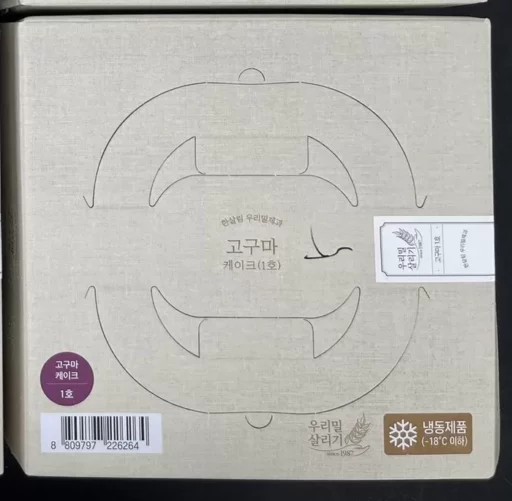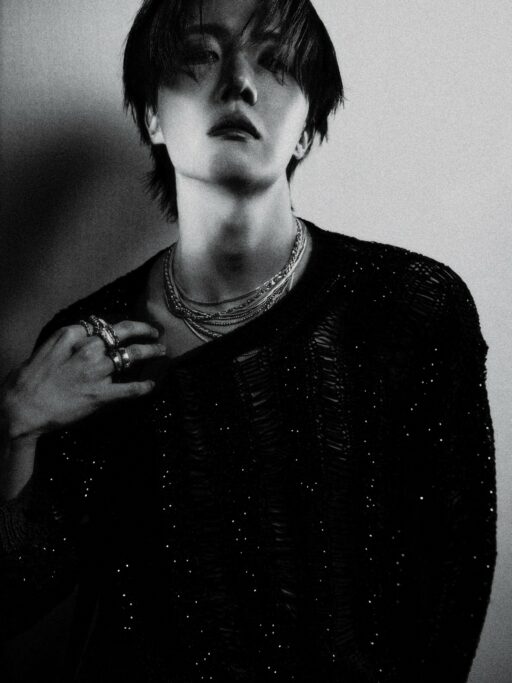KOSPI Market Cap Increases by 500 Trillion KRW, Expanding the 1 Trillion KRW Club to 225 Companies
As KOSPI surpassed the 3000 mark and showed strong performance, the market capitalization of the Korea Securities Market has increased by over 500 trillion KRW this year.
The number of companies in the so-called "1 Trillion KRW Club," which includes those with a market cap of over 1 trillion KRW, has exceeded 200.
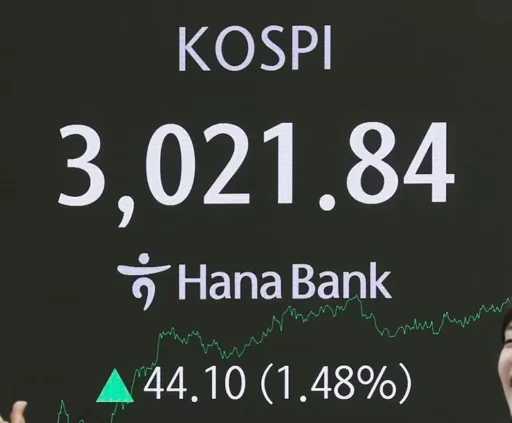
According to the Korea Exchange, as of the 20th, the KOSPI market capitalization reached 2471.8144 trillion KRW, hitting an all-time high. This figure represents an increase of 508.4854 trillion KRW compared to the end of last year.
The rise of KOSPI has been significantly influenced by the expectations surrounding the stock market stimulus measures from the Lee Jae-myung government. In June, KOSPI has shown an upward trend on all trading days except for the 13th among 13 trading days, recording a total increase of 12.02%.
New Entries in the 1 Trillion KRW Club Driven by Financial Stocks
According to data from the Korea Exchange on the 21st, as of the 20th, the number of companies in the Korean stock market with a market cap exceeding 1 trillion KRW has totaled 225, an increase of 25 companies (12.5%) compared to the end of last year.
This year, 31 companies have newly joined the 1 Trillion KRW Club, while 6 companies have exited.
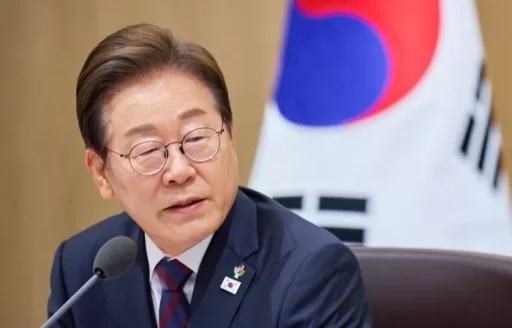
Among the new entrants, financial stocks stood out, including Hanwha Investment & Securities (market cap 1.47 trillion KRW), Daishin Securities (1.219 trillion KRW), and Mirae Asset Life Insurance (1.06 trillion KRW).
In particular, Hanwha Investment & Securities saw its stock price surge by 104% this year, reaching twice its market cap at the end of last year.
Additionally, tourism and leisure-related stocks like Paradise (1.334 trillion KRW) and Lotte Tour Development (1.307 trillion KRW) also made it into the 1 Trillion KRW Club.
On the other hand, six companies including LG Chem Preferred Shares (825 billion KRW), Lotte Fine Chemical (982 billion KRW), Dongwon Systems (907 billion KRW), DI Dongil (769 billion KRW), Sebang Battery (967 billion KRW), and Geumyang (633 billion KRW) were excluded from the club as their market caps fell below 1 trillion KRW.
Notable Changes in Market Cap Share Among Top Stocks
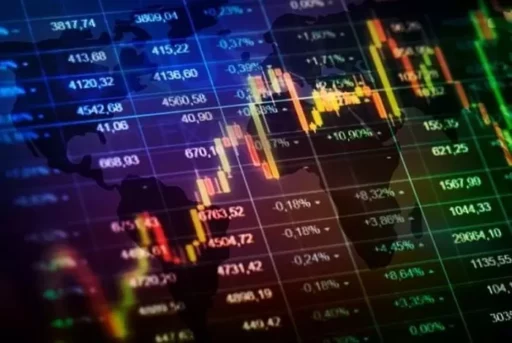
Among the top 10 stocks by market cap in KOSPI, the market caps of 8 stocks, excluding LG Energy Solution and Hyundai Motor, increased compared to the end of last year. However, the proportion of the overall KOSPI varied by stock.
SK Hynix's market cap increased from 126.6 trillion KRW at the end of last year to 187.97 trillion KRW as of the 20th, raising its share of the overall KOSPI market cap from 6.5% to 7.6%, an increase of 1.1 percentage points.
Hanwha Aerospace significantly increased its share from 0.8% to 1.8% during the same period, while HD Hyundai Heavy Industries rose from 1.3% to 1.6%, and Naver increased from 1.6% to 1.7%.
In contrast, Samsung Electronics, the largest by market cap, saw its market cap increase from 317.592 trillion KRW to 352.218 trillion KRW, a rise of about 35 trillion KRW, but its share within KOSPI declined from 16.2% to 14.2%, a decrease of 2 percentage points.
Samsung Biologics (3.4%→2.9%), LG Energy Solution (4.2%→2.9%), and Hyundai Motor (2.3%→1.7%) also experienced a decrease in their shares within KOSPI.
In the financial sector, while a period of short-term 'breathing' is anticipated following the recent rapid rise of KOSPI, there are expectations that with support from government stimulus measures, the market will continue to rise again after a correction.
Image sources: News1, President Lee Jae-myung / News1, illustrative materials for understanding the article / gettyimagesbank

